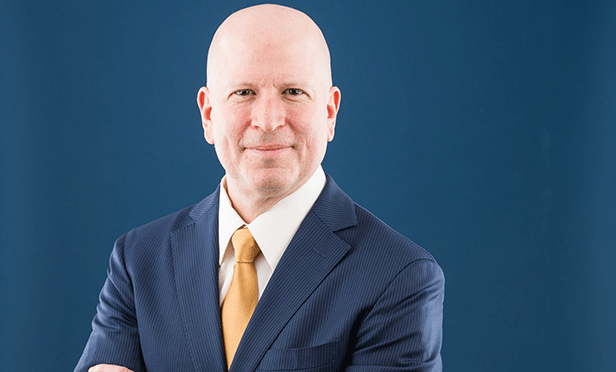Now that Russia has blatantly invaded Ukraine, instead of the more hidden invasion, Europe is more at risk of economic problems. More sanctions will likely create more threats from Putin to inflict economic retaliation. As Putin ramps up his war with Ukraine, the entire European situation becomes more uncertain, and this leads to more risk aversion by corporations and investors. This is not going to change for a very long time and is almost certain to become much worse as Putin pushes Merkel and she backs down.
France is undergoing a political battle over the economic strategy needed to lift it out of the stagnant economic situation it is in. It is doubtful that France will be able to really change its economic policies of high taxes and large entitlement programs unless there is another election, and that is not happening for awhile.
Italy remains a corrupt mess as it has always been and its entire culture of small businesses and inability to really grow most of these the way we do here will prevail. It is essentially in a mild recession.
All of Europe has been on an austerity program to try to cope with the massive excess sovereign debt of many countries. This may ease a bit, but not materially for awhile. The socialist pro labor laws have not yet been modified to allow European companies to really operate most efficiently. Energy costs in Germany and much of Europe are far higher than the US and other places and this is not changing as Merkel is committed to economically inefficient non carbon, non nuclear electric production. German electric costs are nearly three times the US.
European banks have not made the huge write offs and capital changes really needed. As we just saw in Portugal, there are large banks that are in serious trouble. Not all by far, but enough that it will continue to be a drag on the European economy since the bank facilities will not eb available to really grow the economy.
So now we have almost zero inflation, no growth, even in Germany, and a falling Euro. No matter what the ECB does, the underlying cultural, political and economic problems are so ingrained, that it will be a very long haul for Europe to really rebound. The last thing they needed was Putin complicating things and a major terror threat which is highly likely to result in some sort of attack in the next several months. A further negative is the rapidly growing anti Semitism now showing up across Europe which has resulted in a very behind the curtain emigration of very well educated Jews and the emigration of the next generation of kids. They are leaving rapidly for Israel, UK and the US. Over time this will be a further negative on some industries where the high education, high skills of today's economy are in short supply.
So what does all this mean for investors from the US. As I have written several prior times, Europe is not going to be the bonanza of distressed purchases everyone thought and still hopes for. There are many economic, political and geopolitical risks ahead, and they are more likely to become worse, not better. It is impossible to accurately predict where all this plays out over the next year, but my view is badly. Even is you bought a note at what you think is a good price, you are highly unlikely to see a reinvigoration of the economies which will offer higher rents, and higher resale prices. The Euro is falling, and is likely to fall further. Currency risk is now a real risk added to the other risks. I believe that most US fund investors in distressed debt deals in Europe, are going to go home disappointed when all the funds are eventually liquidated. It is not that there are no good deals, but there will be too many not very good and some that go nowhere. All in, the risks, which are now growing, will not be worth it. You would make a much better return in the US stock market over the next five years than the European real estate market on a risk adjusted, and very possibly on a nominal basis. The US real estate market may be reaching a plateau, and will suffer some when rates do rise and cap rates rise, but at least you can still get a solid levered return with not much risk in solid US real estate deals. I have always believed the first loss is the best loss, and if it were me, I would just decide Europe is not going to pan out as planned and fold the tent and come home. I am sure none of the funds will do that as they have too much ego and people at stake, but they will not have a happy long term experience, and it is possible things could get ugly by next year if Putin wants to make that happen through cutting gas, or raising its cost, or just by threatening to do things. Despite Obama being grossly incompetent, the US is still a far less risky investment venue.
© Touchpoint Markets, All Rights Reserved. Request academic re-use from www.copyright.com. All other uses, submit a request to [email protected]. For more inforrmation visit Asset & Logo Licensing.







